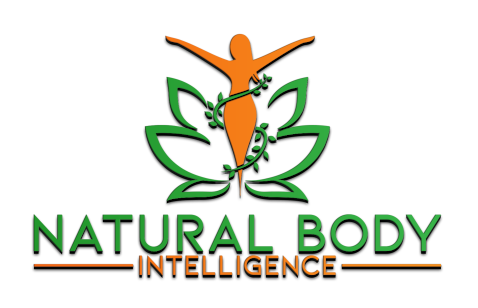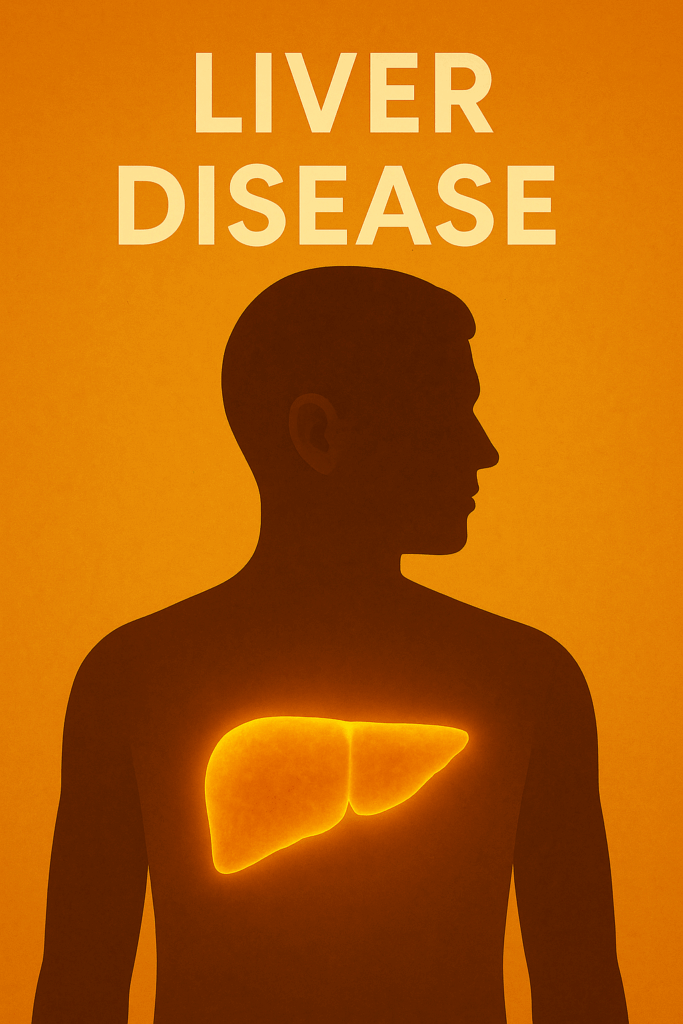Liver Disease: The Body’s Call for Purification and Renewal
The liver is the body’s great transformer — a vital organ that processes everything we eat, breathe, and absorb. It filters the blood, neutralises toxins, produces bile for digestion, and stores essential nutrients. When it becomes congested or inflamed, the condition known as liver disease arises. From a Natural Hygiene perspective, this is not an attack or defect but the body’s attempt to cope with an overload of waste and unnatural substances. Liver disease signals that the body has been pushed beyond its capacity to purify and regenerate.
The liver’s role is to convert harmful substances into forms that can be safely eliminated. It is constantly at work dealing with metabolic waste, food additives, environmental chemicals, medications, and emotional stress by-products. When this workload becomes excessive, the liver’s cells become irritated and swollen. Over time, congestion can develop, and its ability to filter the blood efficiently declines. This may result in fatigue, poor digestion, skin eruptions, nausea, and a general sense of toxicity or heaviness.
Most liver problems arise from dietary and lifestyle habits that continually burden it. Fatty foods, processed oils, fried meals, alcohol, caffeine, refined sugars, and high-protein diets all require significant liver effort to metabolise. When these foods dominate, the liver becomes congested with fat and mucus while energy is drained from normal metabolic functions. Overeating, particularly late in the evening, also interferes with liver recovery, as digestion competes with detoxification for energy during the night.
Restoring the liver’s health begins with removing its burdens. Fresh, simple, natural foods allow the liver to recover its rhythm. Fruits, leafy greens, and watery vegetables provide living nutrients and alkalinity, helping to dissolve stored waste. Citrus fruits, especially oranges, lemons, and grapefruits, stimulate bile flow and assist in cleansing. Watermelon, apples, and grapes are also deeply purifying. The key is not to force the liver to detox but to stop overloading it so that it can complete the cleansing it naturally wants to do.
Hydration is another cornerstone. The liver needs pure water to dilute and carry waste away. When dehydrated, the blood thickens and toxins circulate longer before they can be neutralised. Regular water intake, combined with juicy fruits and fresh air, keeps the bloodstream light and the liver oxygenated. Movement and deep breathing further assist by stimulating circulation and oxygen delivery, supporting every stage of purification.
Emotionally, the liver reflects the way we process anger, frustration, and resentment. When these emotions are suppressed, they create internal tension and stagnation, much like bile congestion within the organ itself. By allowing emotions to be expressed and resolved — through reflection, movement, or creativity — the body releases pressure and the liver can function more freely. Emotional cleansing is therefore just as important as dietary cleansing in restoring harmony.
Prolonged use of medications, chemical additives, and alcohol is especially damaging to the liver’s delicate structure. These substances act as irritants, forcing the liver to work beyond its design. Fortunately, liver tissue has remarkable regenerative power. Given rest, natural nourishment, and clean conditions, it can rebuild itself and regain normal function.
Liver disease, then, is not a random curse but a message from the body asking for renewal. It reminds us to simplify, to eat with awareness, to move, to breathe, and to live in ways that promote purity rather than congestion. When one aligns with nature’s laws, the liver — and indeed the entire body — regains its vitality, allowing the inner light of health to shine once again.

